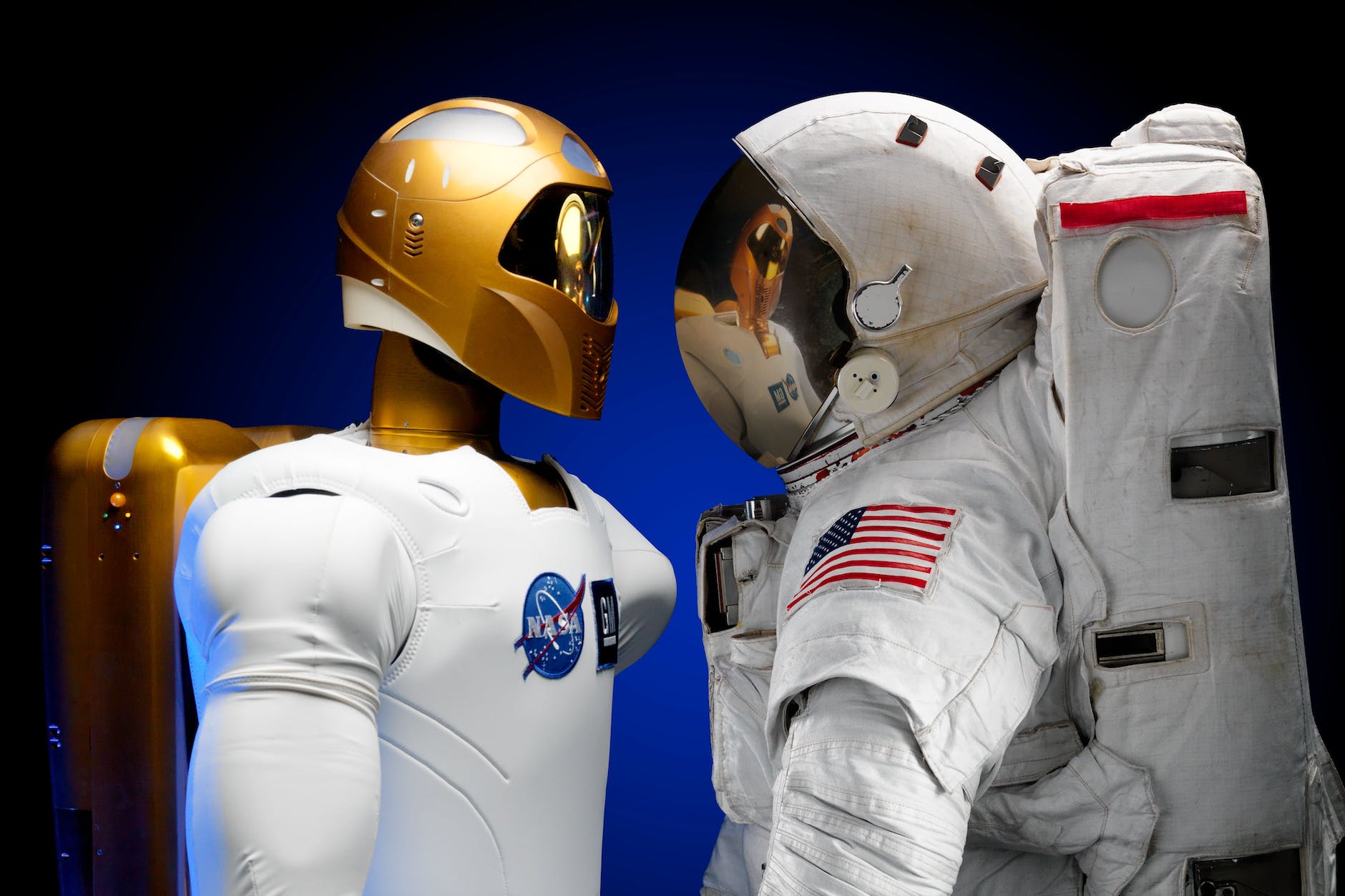The city of London, known as Londinium, was established by the Romans in 43 AD, marking its foundation over two thousand years ago. Meanwhile, Christopher Columbus embarked on his historic voyage in 1492, discovering what became known as “The New World.” Following this, the Dutch West India Company laid the groundwork for the site of New York City in 1624, establishing it as a fur trading outpost 132 years later.
A noteworthy milestone occurred in 1925 when the population of New York City caught up to that of London. Surprisingly, New York City took just 433 years to reach a population equivalent to London’s. In comparison, London itself took a staggering 1,883 years to achieve the same level of population growth. This striking comparison sheds light on the exponential rate of urban development and the influence of various factors, including technological advancements, economic opportunities, and cultural dynamics.
Considering this trend, one might speculate on the future of human settlement on other celestial bodies. It is reasonable to believe that within the next 433 years, or perhaps even less, a reasonably sized population could inhabit Mars full-time. While Christopher Columbus embarked on his journey without knowing his destination, we possess the knowledge that Mars exists and has the potential to sustain human life.
Drawing a parallel between the historic moon landing in 1969 and our progress in space exploration, it is plausible to anticipate significant advancements in Martian colonization by the year 2402. By marking 1969 as our starting point, it becomes a reasonable objective to envision a thriving, permanent population on Mars by the year 2101.
Contemplating the possibilities is mind-boggling to consider the future trajectory of human civilization. As we navigate through time, progress unfolds in astonishing ways. The future holds immense potential, surpassing even the most fantastic visions one could conjure. While comparing it to showing an electric car with Apple CarPlay to an ancient Pharaoh may seem whimsical, the trajectory of progress suggests that civilization will continue to advance despite setbacks and challenges, such as the collapse of empires and periods of darkness in history.
In conclusion, reflecting on the past and projecting into the future, we witness the remarkable journey of human civilization. The parallels between the growth of London and New York City’s populations shed light on the potential for human settlement on Mars within the coming centuries. The prospect of Martian colonization is an exciting and awe-inspiring endeavor as we embrace the ever-evolving nature of our species and the boundless possibilities that lie ahead.
